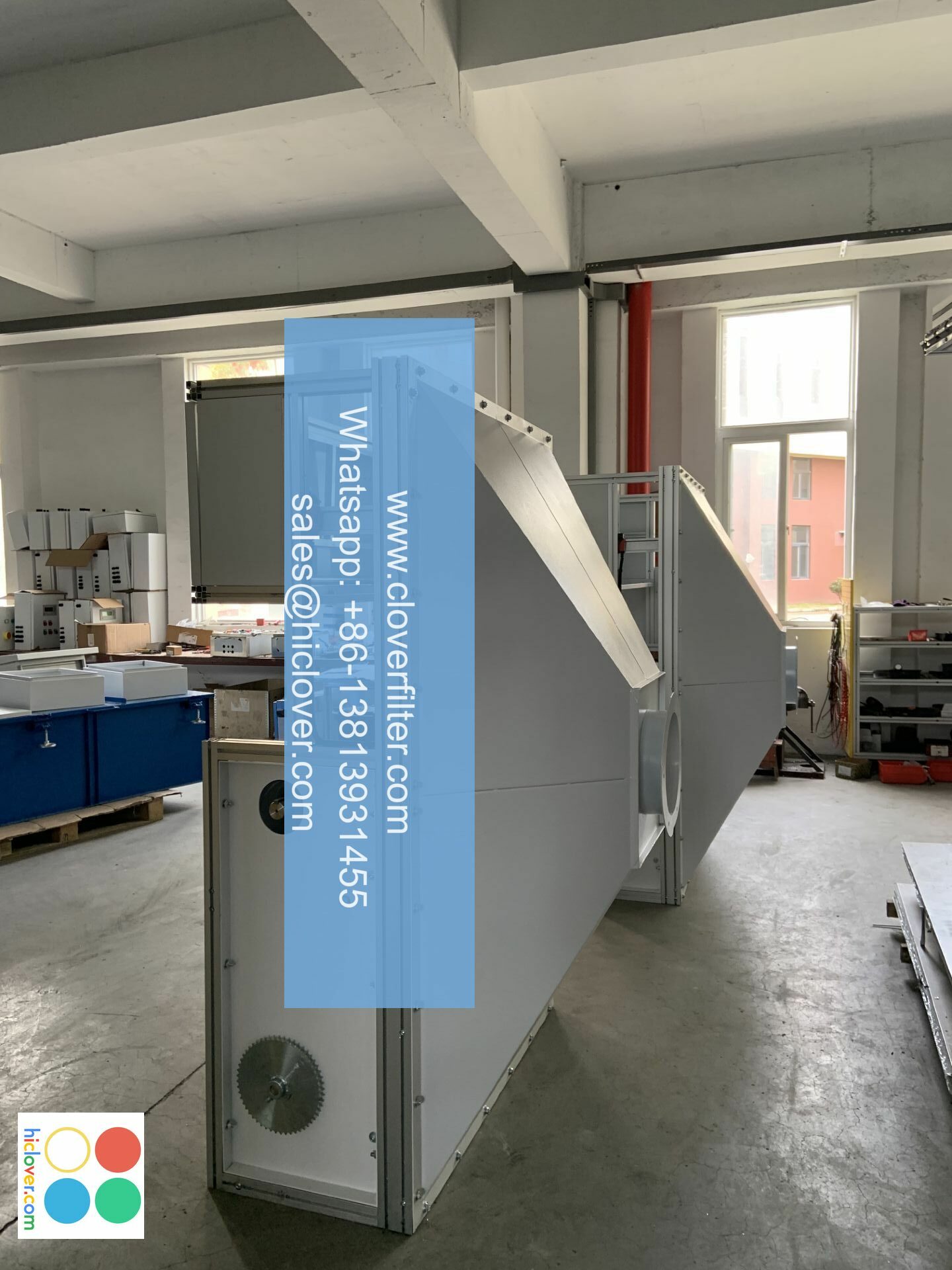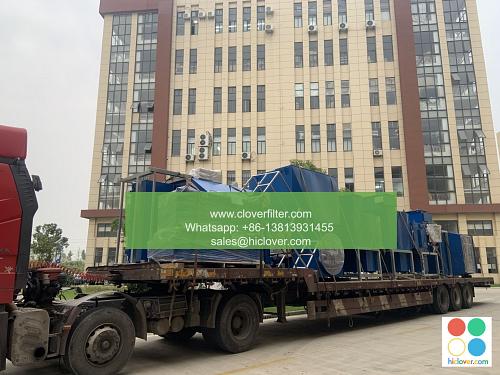The Importance of Air Filtration in Plastic Molding Factories

Air filtration is a crucial process in plastic molding factories, playing a significant role in maintaining a clean and safe working environment. The process of plastic molding involves the use of various machines and equipment, which can generate airborne contaminants such as dust, mold, and chemicals. These contaminants can have serious health implications for workers and can also affect the quality of the final product. In this article, we will discuss the importance of air filtration in plastic molding factories and highlight various application areas.
Reducing Airborne Contaminants
Plastic molding factories are prone to the generation of airborne particles such as plastic dust, mold, and bacteria. These particles can cause respiratory problems and other health issues in workers. Air filtration systems can effectively reduce the concentration of these particles, creating a healthier working environment. By using HEPA filters or activated carbon filters, plastic molding factories can minimize the risk of airborne contaminants and ensure a safe working environment.
Improving Product Quality
Air filtration is not only important for worker health but also for maintaining product quality. Plastic molding factories produce a wide range of products, from medical devices to automotive parts. The quality of these products can be affected by airborne contaminants, which can cause defects and imperfections. By using air filtration systems, plastic molding factories can minimize the risk of contamination and ensure that their products meet the required quality standards.
Application Areas
Air filtration systems have various application areas in plastic molding factories, including:
- Injection molding: Air filtration systems can be used to remove airborne particles and moisture from the injection molding process, ensuring that the final product is of high quality.
- Blow molding: Air filtration systems can be used to remove dust and debris from the blow molding process, reducing the risk of product contamination.
- Thermoforming: Air filtration systems can be used to remove airborne particles and fumes from the thermoforming process, creating a safe working environment.
Types of Air Filtration Systems
There are various types of air filtration systems available for plastic molding factories, including:
- Mechanical air filters: These filters use physical barriers to capture airborne particles and are often used in general ventilation systems.
- Electrostatic air filters: These filters use electrostatic charges to capture airborne particles and are often used in high-efficiency air filtration systems.
- Activated carbon filters: These filters use activated carbon to capture gases and odors and are often used in dedicated ventilation systems.
Conclusion
In conclusion, air filtration is a critical process in plastic molding factories, playing a significant role in maintaining a clean and safe working environment. By using air filtration systems, plastic molding factories can minimize the risk of airborne contaminants, improve product quality, and ensure a healthier working environment. With various application areas and types of air filtration systems available, plastic molding factories can choose the best system to meet their specific needs and requirements. By prioritizing air filtration, plastic molding factories can maintain a competitive edge in the industry and ensure a successful and sustainable operation.
Some of the key words used in this article are:
- Air filtration
- Plastic molding
- Airborne contaminants
- HEPA filters
- Activated carbon filters
- Clean and safe working environment
- Product quality
- Medical devices
- Automotive parts
- Quality standards
- Injection molding
- Blow molding
- Thermoforming.

